The House of Representatives will on Tuesday commence a two-day retreat for members on major economic laws, policies, and programmes of the Federal Government, especially under the administration of President Bola Ahmed Tinubu, GCFR.
The retreat has been themed: ‘Economic Transformation & Development: Towards Effective Implementation of the Petroleum Industry Reform Act (2021) and Tax Reforms / Modernisation. The sub-theme is ‘Navigating Change: Legislative Strategies for Economic Transformation.’
President Tinubu is expected to declare the retreat open at the Abuja Continental Hotel (formerly Abuja Sheraton Hotel and Towers), while the Minister of the Federal Capital Territory (FCT), Nyesom Wike, CON, will serve as the host of the event.
With the Speaker of the House of Representatives Rt. Hon. Abbas Tajudeen, PhD, as the chief host, President of the Senate, Sen. Goodwill Obot Akpabio, CON; Deputy President of the Senate, Sen. Barau Jibrin; and Deputy Speaker of the House, Rt. Hon. Benjamin Okezie Kalu will speak at the event.
Apart from Wike, those expected to deliver goodwill messages at the opening ceremony are the Group Chief Executive Officer, Nigerian National Petroleum Company Limited (NNPCL), Mele Kolo Kyari, OFR; Executive Chairman, Federal Inland Revenue Service (FIRS), Zacch Adedeji, FCA; Clerk to the House of Representatives, Dr Yahaya Danzaria, Esq.; and Resident Representative of Konrad Adenauer Stiftung (KAS), Marija Peran.
The panellists and discussants will include the Chairman, of the Presidential Committee on Fiscal Policy and Tax Reforms, Taiwo Oyedele; the Minister of Budget and National Planning, Sen. Abubakar Atiku Bagudu, CON; Minister of State for Petroleum Resources, Oil & Gas, Hon. Heineken Lokpobiri; Governor of the Central Bank (CBN), Dr Olayemi Cardoso; Chairman, Independent Corrupt Practices and other related offences Commission (ICPC), Dr Musa Adamu Aliyu, SAN.
The retreat was designed to achieve the following objectives: “Understand the Petroleum Industry Act: Delve into the contents, purposes, and expected outcomes of the PIA, emphasising its significance in transforming the oil and gas sector.
“Legislative Oversight and Implementation: Explore the legislative role in overseeing the implementation of the Act, ensuring its provisions are actualised effectively and align with national interests.
“Stakeholder Engagement and Collaboration: Identify opportunities for collaboration between the parliament, the executive, industry stakeholders, and communities to foster a conducive environment for the Act’s successful implementation.
“Policy and Regulatory Framework: Discuss the development of subsidiary legislation and regulatory frameworks essential for operationalising the Act, including addressing gaps or challenges.
“Drive Tax Reforms: Specifically focus on the parliament’s role in conceptualising, initiating, and implementing tax reforms that are equitable, efficient, and conducive to economic growth.
“Foster Collaboration: Create a platform for dialogue among members, experts, and stakeholders, fostering collaborative efforts towards economic and fiscal reforms.
“Promote Accountability: Emphasise the importance of transparency, accountability, and effective oversight in public financial management and tax administration.
The expected outcome of the retreat includes an enhanced understanding of the Petroleum Industry Act among members of the Nigeria House of Representatives, a clear roadmap for legislative and oversight roles in implementing the PIA, and strengthened collaboration between the parliament, the executive, and other stakeholders in the petroleum sector.
Others are, recommendations for policy adjustments, capacity building, and regulatory frameworks to support the effective implementation of the Act, and deeper insights and knowledge that inform the drafting and passage of legislation supporting economic development and tax reforms.
The retreat would also cause improved capacity for effective oversight of the government’s economic policies and public financial practices, ensuring alignment with national development goals.


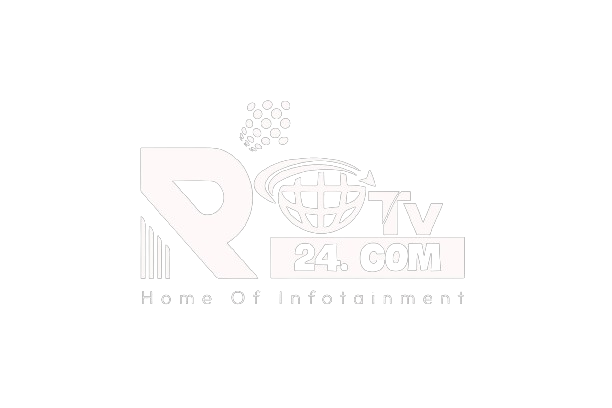
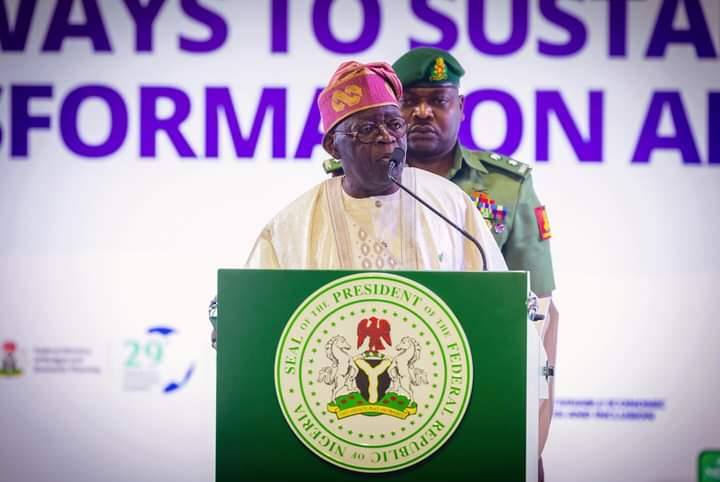
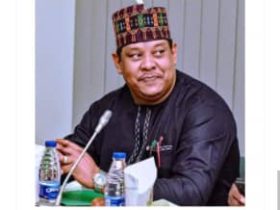


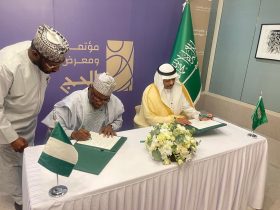
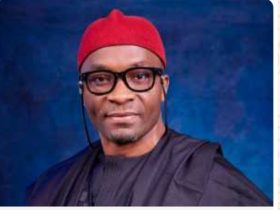
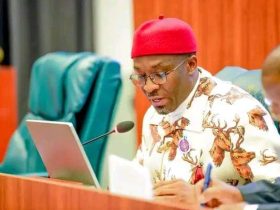
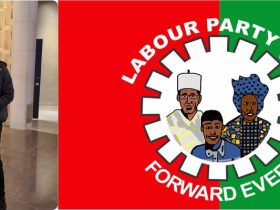
Leave a Reply